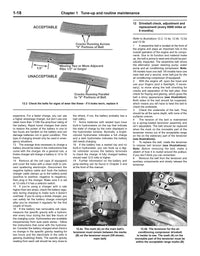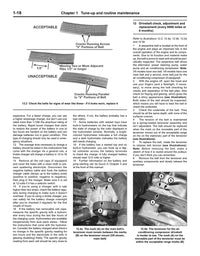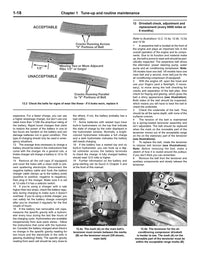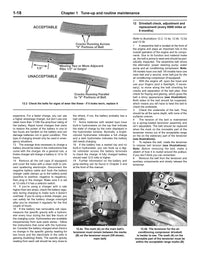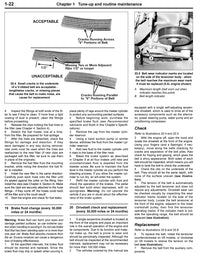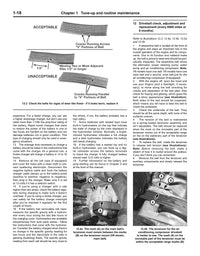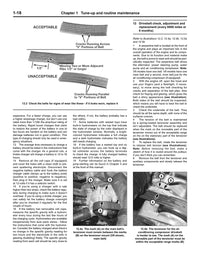Owners of vehicles powered by the GM 6.6 gas engine often encounter certain issues that can affect performance and reliability. Understandably, this can lead to moments of frustration and the need for accurate troubleshooting methods. With the right knowledge, these common GM 6.6 gas problems can be resolved, restoring the engine's optimum functionality.
Sensor Malfunctions Trigger Check Engine Light
Sensor malfunctions are a prevalent cause why the check engine light illuminates in vehicles equipped with the GM 6.6 gas engine. These sensors play a fundamental role in monitoring the engine's performance, and their failure can lead to incorrect readings, which in turn trigger the check engine warning. Identifying the faulty sensor requires a systematic approach involving diagnostic tools that read the engine’s error codes. Upon detecting the compromised sensor, replacing it is imperative to restore the engine's optimal functionality.
The frequency of sensor malfunctions in the GM 6.6 gas engine underscores the importance of routine maintenance. Regular check-ups enable the early detection of potential issues, preventing them from escalating into more significant, more costly problems. Employing preventative measures, such as the use of high-quality sensors and adherence to the manufacturer’s maintenance schedule, can significantly diminish the likelihood of such malfunctions occurring.
Excessive Oil Consumption Demands Attention
The issue of excessive oil consumption in the GM 6.6 gas engine has raised concerns among vehicle owners. This problem not only adversely impacts the engine’s performance but also has the potential to increase operational costs significantly. Investigating the root cause of this excessive oil consumption is crucial. It may stem from worn-out seals or piston rings, which fail to maintain the oil within the engine effectively. Implementing a thorough inspection to pinpoint the exact source of the leakage is the initial step towards addressing this complication.
Vehicle owners experiencing this particular challenge are advised to seek professional assistance promptly. Delaying intervention could lead to more severe damage, including engine failure. Hence, immediate resolution, possibly involving the replacement of the compromised components, ensures the longevity and reliability of the GM 6.6 gas engine. Regular monitoring of oil levels and adherence to recommended oil change intervals can also serve as preventive measures against future occurrences of excessive oil consumption.
Spark Plug Failures Compromise Performance
Spark plug failures in the GM 6.6 gas engine critically affect its performance, leading to issues such as misfires, reduced fuel efficiency, and uneven engine running. These components are vital for igniting the air-fuel mixture within the engine's cylinders, and their malfunction can disrupt the entire combustion process. Diagnosing spark plug issues requires a detailed inspection to identify signs of wear and tear or damage. Once diagnosed, replacing the faulty spark plugs with high-quality alternatives is essential to regain optimum engine performance.
Maintenance practices, including regular inspection and replacement of spark plugs based on the manufacturer’s recommendations, play a vital role in preventing premature failures. Awareness about the signs of failing spark plugs, such as difficulty starting the engine, poor acceleration, and increased fuel consumption, enables vehicle owners and technicians to take timely action.
Haynes Manuals: Your Guide for GM Repair Support
With our specialized General Motors manual, we provide detailed instructions to help you address even the most complex auto repairs. Our trusted online car repair manuals offer an extensive collection of automotive knowledge, serving as your personal guide to diagnosing and fixing various vehicle-related problems. Trust us to support your repair journey, ensuring you can tackle even the most daunting tasks with confidence and precision.











